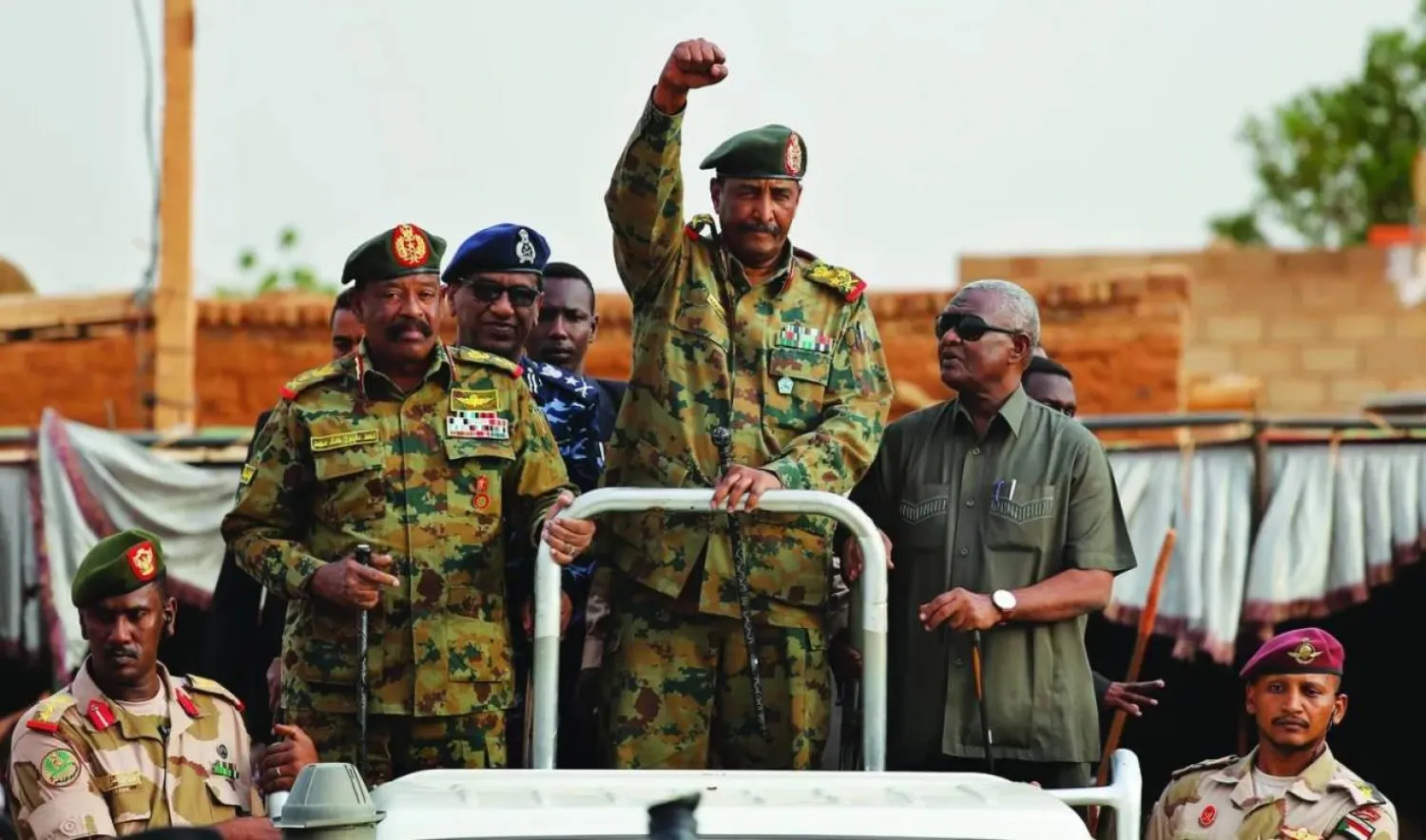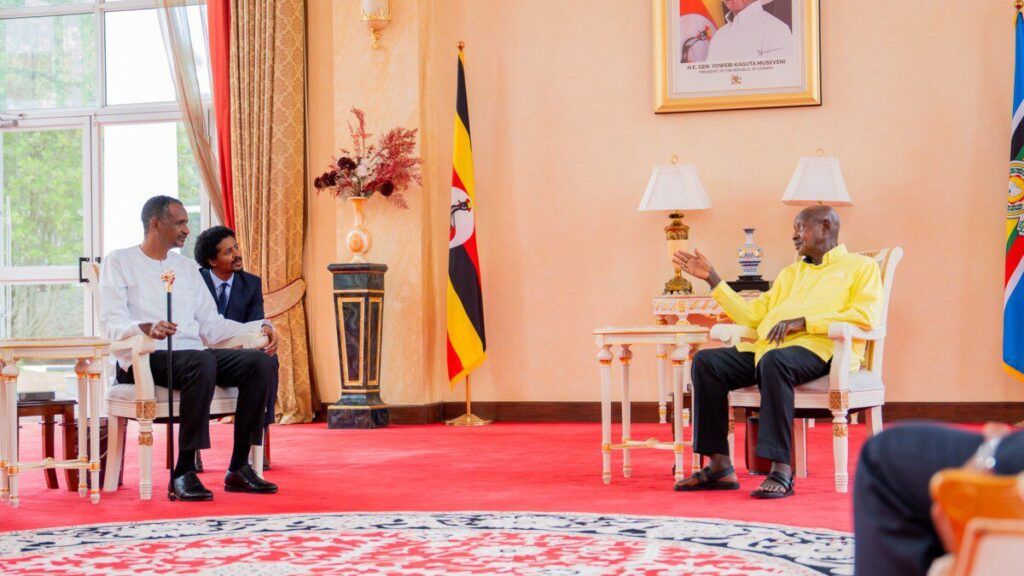
Sudan’s SAF junta officials have sentenced 250 individuals to death, accusing them of collaborating with the Rapid Support Forces (RSF), a group involved in the ongoing conflict in Sudan.
Among those facing execution are teachers, doctors, journalists, and students, all of whom have been detained under controversial circumstances.
The arrests, primarily targeting civil society leaders, members of Resistance Committees, and activists, are being carried out without judicial orders across several regions, including Sennar, River Nile, White Nile, Kassala, El-Gedaref, and the Red Sea.
The detainees are often held for extended periods, some for as long as a year and a half, without being brought to trial, violating Sudanese legal norms.
Rehab Mubarak Sayed Ahmed, a human rights advocate with the Sudan Human Rights Network (SHRN), revealed the dire conditions inside Port Sudan Prison, where approximately 1,600 prisoners are currently held. According to Mubarak, the prison is plagued by overcrowding, unsanitary conditions, and delayed trials. The recent drone attacks on the coastal city have further exacerbated the situation, with inmates fearing for their lives amid ongoing military operations nearby.
Mubarak also highlighted the irregularities in the trial process, noting that many of the accused have not been brought before a judge within the legally required time frame. Despite completing investigations, defendants are often left waiting for trial dates that are frequently postponed. Trial sessions are spaced too far apart, violating international standards for the timely administration of justice.
“These individuals are not criminals. Many are well-respected members of society, including educators, healthcare professionals, and students,” Mubarak said. “Their only ‘crime’ is expressing dissent or offering support for the RSF, often through phone messages or personal conversations.”
Among those sentenced to death are individuals accused of violating Articles 50 and 51 of the Sudanese Penal Code, which relate to charges of undermining the state and waging war against the government. Last year, two women, Hanadi Daw Al-Beit Abbas and Shaima Saeed Hassan, were convicted in emergency courts for criticizing General al-Burhan’s army (SAF) or expressing support for the RSF.
Abbas was sentenced to death, while Hassan received a life sentence.
Mubarak also described the deteriorating conditions in the prison, including food shortages and unsafe drinking water, with the prison’s desalination plant no longer functioning. Inmates are now forced to drink water mixed with salty desalinated water. The prison, according to Mubarak, has become a symbol of the country’s disregard for human rights amidst the ongoing conflict.
As Sudanese junta officials continue their crackdown on perceived dissent, international human rights groups are calling for an immediate end to the arbitrary arrests and a fair legal process for all detainees. The situation in Port Sudan Prison highlights the broader humanitarian crisis unfolding across the country, where civilians are paying the price for their opposition to the war.




